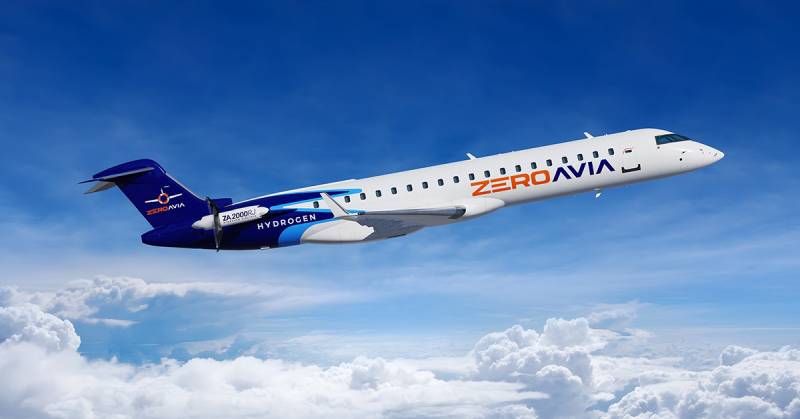
Zeroavia’s zero-emission flight ambitions soar with a £91.9 million funding boost
- Business
- November 29, 2023
- Zeroavia, an aircraft developer, has the support of the UK Infrastructure Bank.
- The funding will assist the business in producing engines that run on hydrogen.
- Since its founding in 2017, Zeroavia has raised over $250 million (£198.3 million) in equity investments.
In its most recent fundraising round, the UK infrastructure bank supported aircraft manufacturer Zeroavia in its efforts to create hydrogen-electric engines for low-carbon flying.
The company, which has locations in California, Kemble, and London, said that it has raised $116 million (£91.9 million) in Series C capital from several investors, including £32 million from the infrastructure investment bank of the United Kingdom.
Airbus, Barclays Sustainable Impact Capital, and the Saudi-funded NEOM Investment Fund also backed Zeroavia.
As aviation supports the emerging technology in the fight to achieve zero-emission aircraft, the funding will assist the company in producing hydrogen fuel cell engines. By 2025, it hopes to have developed a 19-seater aircraft that can travel up to 300 miles on commercial flights.
Since its founding in 2017, Zeroavia has raised more than $250 million (£198.3 million) in equity financing, led by CEO Valery Miftakhov.
Miftakhov said: “This backing by such a preeminent investor as the UK Infrastructure Bank will help us deliver the first commercial zero-emission flights, and help the UK realise substantial export potential. We are looking forward to working with UKIB over the next few years.”
Ian Brown, head of banking and investments at the UK Infrastructure Bank, said: “Aviation and hydrogen are sectors that need significant private investment to get to net zero.”
“By providing confidence to investors, our equity has helped to crowd in the private investment needed for the continued development of this cutting-edge technology and should help stimulate the development and deployment of hydrogen technology across other hard-to-decarbonise sectors.”
By the end of this decade, clean propulsion technology should be flying between UK airports, helping the government reach its 2050 aim of decarbonizing aviation.
Many methods have been proposed to reduce the sector’s emissions to almost zero. Hydrogen is one of them. This week, Virgin Atlantic plans to create aviation history by operating the first transatlantic aircraft powered entirely by sustainable aviation fuel, a biofuel derived from plant waste and food waste like cooking oil.
Participating in the funding round were investment firms led by Bill Gates: Breakthrough Energy Ventures, Horizons Ventures, Alaska Airlines, Ecosystem Integrity Fund, Summa Equity, AP Ventures, and Amazon Climate Pledge Fund.